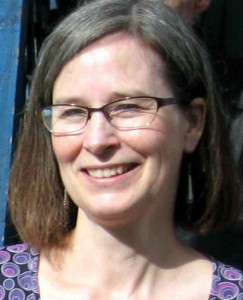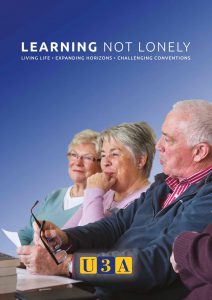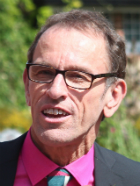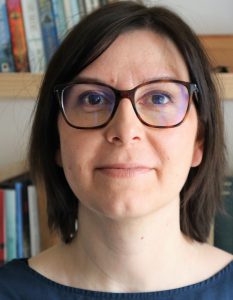 Katharine Orellana is a Research Associate in the Social Care Workforce Research Unit in The Policy Institute at King’s. (479 words)
Katharine Orellana is a Research Associate in the Social Care Workforce Research Unit in The Policy Institute at King’s. (479 words)
Day centres for older people have been an integral part of social care in England since the 1960s. Recently, attention has focused on providing individualised support for older people with care needs. The relevance and desirability of group services, such as day centres, are questioned. Many are closing.
Our newly published review of the literature about day centres covers what people say about them and reports the evidence on centres’ benefits and purposes. Focusing on centres that do not specialise in the care of older people with dementia and covering the period 2005-17, it highlights both what is known and the gaps in evidence about these services. Continue reading


 The 18th International Conference on Integrated Care was hosted by the International Foundation of Integrated Care (IFIC) in partnership with the National Institute of Public Health and the Environment (RIVM and Vilans (the National Centre of Expertise for Long-term Care in the Netherlands) in Utrecht from 23-25 May 2018. Michelle Cornes and I were both fortunate to be among the 800 or so delegates attending the conference.
The 18th International Conference on Integrated Care was hosted by the International Foundation of Integrated Care (IFIC) in partnership with the National Institute of Public Health and the Environment (RIVM and Vilans (the National Centre of Expertise for Long-term Care in the Netherlands) in Utrecht from 23-25 May 2018. Michelle Cornes and I were both fortunate to be among the 800 or so delegates attending the conference.

